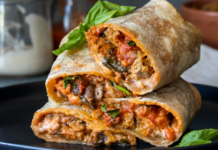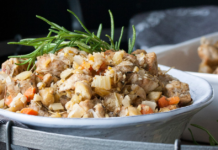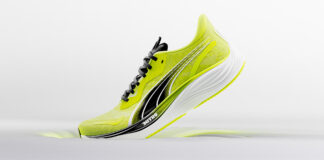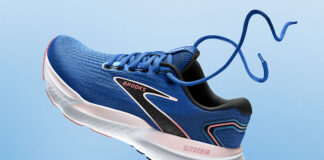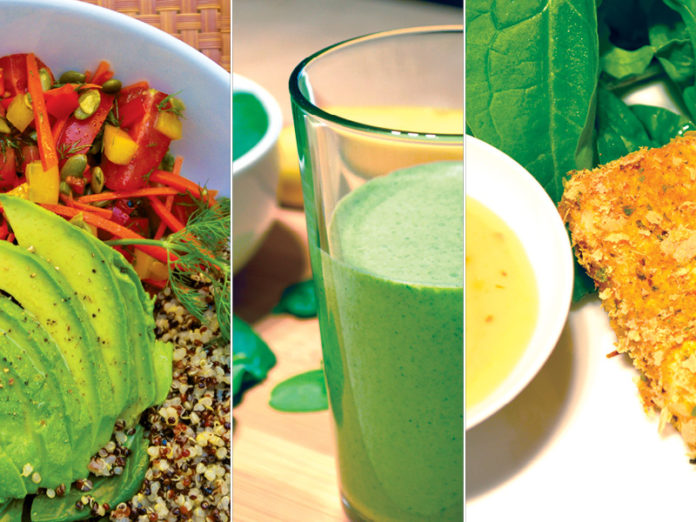
I’m a flexitarian. Put simply, no food is completely off-limits. I encourage my clients to consume nutrient-dense, plant-based foods with an emphasis on a rainbow of vegetables and fruits and to include everything else in moderation.
For athletes, fueling can make or break your race and your training. While it’s often easier to opt for fast food or poor quality bars, you won’t be doing your body any favours. Focusing on foods that are 100 per cent nourishing, yet simple and delicious is the key to optimizing performance.
Think of your body as a luxury vehicle. For your car to perform at its optimal level, you need to provide premium fuel. This doesn’t mean you need to spend a fortune on organic groceries, but rather look for overall food quality. Well planned, balanced meals that combine lean protein, whole grains and brightly coloured fruit and vegetables will result in better recovery, reduce inflammation and may even help you run faster. Who wouldn’t want that?
Practice with different food combinations during training to see what works for your body. Keep in mind that we are all different and what works for one person may not work for another. Have an attack plan for fuel and hydration during training and racing.
Carbohydrates are the primary fuel source and store in muscles as glycogen. Endurance athletes will reap the benefits of carb loading for any event over 90 minutes. However, it is not necessary to eat a high carbohydrate diet all the time.
In general, proteins and fats satiate longer than carbohydrates, which can aid in staying lean for training and racing. For this reason, I recommend focusing meals around plenty of colourful veggies (at least half the plate), lean protein, such as lentils, tofu, chicken breasts, milk or yogurt and fibre-rich, low glycemic whole grains like quinoa or oatmeal. Choose fruit for your snacks or dessert.
The exception to this is the Glycemic Window. This refers to the 30-minute period post-exercise where your muscles are most receptive to nutrient absorption and assimilation.
Immediately after hard or long training sessions, I recommend an easily digestible carbohydrate (typically liquid) with a small amount of protein such as a shake, smoothie or chocolate milk. Ideally, your recovery beverage will have a 3-4:1 ratio of carbs to protein.

